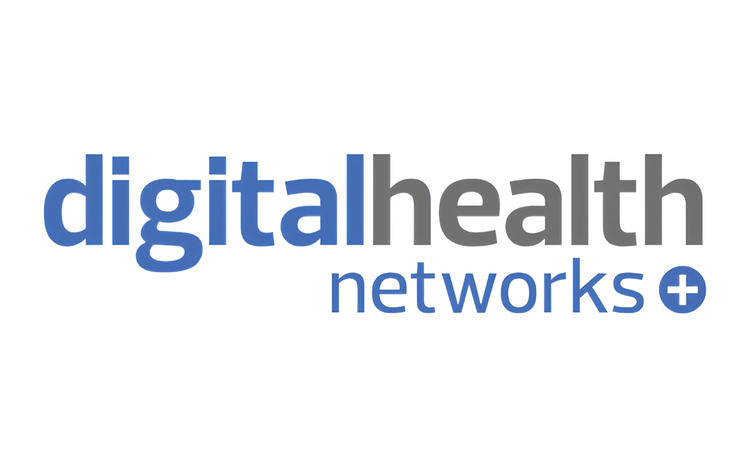Leadership: Digital Health Network launches a new ‘state of the nation’ survey of clinical digital leaders
- 28 June 2024

In 2016 a CCIO network survey revealed that only 44% of CCIOs had the authority to carry out their roles effectively. Will the 2024 survey show improvement? By Penny Kechagioglou
NHS frontline digitisation needs to be viewed as a whole system approach to change, which incorporates people development and supports effective digital leadership.
The Digital Health Network has created robust informatics networks over the years, comprising of CCIO (chief clinical information officer), CNIO (chief nursing information officer) and CIO (chief information officer) Advisory Panels with chairs, vice-chairs and members.
During Summer Schools 2023, the Digital Health Network co-developed the Birmingham Declaration which supports the improved use of digital and data as vital for the future success of the NHS. The document represents a commitment for the network’s elected chairs and vice-chairs to drive change and improvement in three core areas, including digital leadership across the whole NHS.
Clinical digital leadership has always been a key priority for the network. The network conducted a CCIO survey in 2016, looking at CCIO role establishment in the UK, role responsibilities and authority level, CCIO needs and challenges. This was a state of the nation report which also advised the Wachter report (see box), in terms of CCIO leadership needs in the NHS.
The Wachter Report
The Wachter report in 2016 was written in response to the need for NHS digitisation, enabling service improvements through interoperability and the use of data and health informatics to improve care. The report made 10 recommendations which included a strategy to grow and strengthen clinical informatics teams, with particular mention of the role of the chief clinical information officer (CCIO), leading collaboration with digital, health analysts and other healthcare professionals.
The network CCIO survey in 2016 showed that only 44% of CCIOs had the authority within their organisation to carry out their roles effectively – and the majority devoted more time to the role than was recognised in their job plan, due to lack of funding. The recommended time required to perform the CCIO role effectively in a large NHS trust is 75% of the whole time equivalent, based on the Wachter report. It would be interesting to explore whether there has been a shift (in the time CCIOs have to perform the role) since the adoption of electronic health records (EHRs) and patient engagement portals (PEPs).
The 2016 survey identified a lack of digital skills in the CCIO community. Again, it would be interesting to review whether this perception has shifted with the introduction of the NHS Digital Academy.
Optimising digital clinical Health leadership – next steps
The Digital Health Network is conducting a new digital clinical leadership survey in 2024, which will evaluate progress made compared to the previous survey in 2016. We have added a new question around digital clinical leadership involvement within integrated care systems.
Our new survey also delves further into the digital clinical leadership team make up. Aspects of the well-led component of the ‘What Good Looks Like’ digital strategy will be assessed through the survey.
Looking at digital health leadership in its broader sense, and using a whole-system approach to change, the 2024 networks survey will include NHS provider and ICB executive views and perceptions around digital clinical leader roles. It considers reporting lines, training and development needs, purpose and fit within broader strategy, and connectivity with operational and corporate groups. When the results are in, executive views will be compared with the digital clinical leader views for alignment and to formulate the next steps in a digital leadership strategy.
Why tech should be in the hands of clinicians
Following the pandemic, the NHS has been challenged with 6.37 million people on the waiting list for elective consultant-led treatment and four in 10 cancer patients waiting too long for treatment. Technological innovations in the hands of trained clinicians, including robotics, process automation, teleconsultations, virtual care, and artificial intelligence have demonstrated positive outcomes in terms of process efficiencies, predictive analytics and enabling more proactive care.
Health informatics as a discipline focuses on the collection, analysis and management of data to promote and develop healthcare. The role of clinical informaticians is key in making sense and good use of healthcare data for clinical decision-making and the provision of personalised care.
With 90% of NHS trusts having implemented an EHR in December 2023 and 84 trusts having implemented a PEP in April 2023, it is essential that the NHS develops and sustains the necessary trained clinical workforce to support the expanded need for high-quality clinical informatics.
The survey aims to inform NHS providers and enable the sustainability and growth of digital clinical leadership roles within the NHS.
As in 2016, the Digital Health Network will utilise its elected members to distribute the survey, but will also share the survey through social media, the network’s website under ‘features’, as well as via NHS and ICB clinical executives responsible for driving the digital transformation agenda in the respective areas.
You are welcome to contribute to the survey here
Penny Kechagioglou is CCIO, deputy chief medical officer, and consultant clinical oncologist at University Hospitals Coventry and Warwickshire, as well as vice-chair of Digital Health’s CCIO Advisory Panel.




